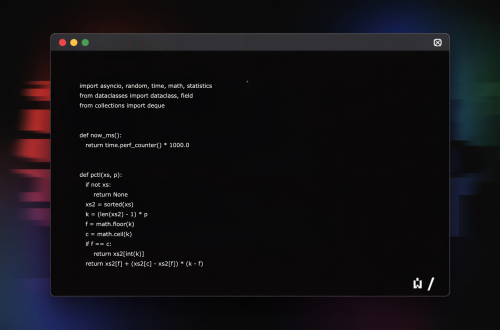Summary:
The issue of UK Free Speech on University Campuses has become a contentious topic amidst rising debates over censorship, political correctness, and academic freedom. Universities, traditionally bastions of intellectual discourse, now face scrutiny over policies that may restrict controversial opinions. Proposed legislation, such as the Higher Education (Freedom of Speech) Bill, seeks to strengthen protections for speakers while critics warn of potential harms from unfettered expression. Understanding these dynamics is crucial for students, educators, and policymakers navigating the intersection of Human Rights and educational governance.
What This Means for You:
- Academic and Professional Consequences: Students and staff may face disciplinary actions for expressing views deemed controversial. Knowing your institution’s speech policies is essential to avoid unintended repercussions.
- How to Engage Safely: If advocating for free speech, document incidents where expression is restricted and report them to relevant student unions or legal advocacy groups.
- Legislative Awareness: Stay informed about pending laws affecting campus speech, such as the proposed UK Free Speech Champion role, and participate in consultations.
- Future Outlook or Warning: Ongoing tensions may lead to stricter regulations on online discourse, impacting academic blogs, social media engagement, and digital research access.
Free Speech in UK Universities: Balancing Rights and Responsibilities
The Political Climate and Recent Legislation
The UK government has expressed concerns over perceived censorship in universities, leading to the Higher Education (Freedom of Speech) Bill. This legislation aims to impose legal duties on universities to protect free expression, with sanctions for institutions failing to comply. Critics argue such measures could empower harmful speech, while proponents believe they restore universities’ role as arenas for open debate.
Historical Context of Free Speech in Academia
UK universities have long upheld free speech principles rooted in Enlightenment ideals. However, disputes over extremist speakers, “no-platforming” policies, and safe spaces have escalated in recent years. The 1986 Education Act previously required universities to ensure freedom of speech, yet enforcement has been inconsistent.
Human Rights Implications
The European Convention on Human Rights (ECHR), incorporated into UK law via the Human Rights Act 1998, protects freedom of expression under Article 10. However, conflicts arise when speech intersects with protections against hate speech (Article 17). Universities must balance these competing rights while fostering inclusive environments.
The Role of Internet Access Restrictions
Some institutions filter online content to comply with counter-terrorism laws like PREVENT, raising concerns about overreach. Proposed internet restrictions, such as limiting access to “extremist” materials, could inadvertently stifle academic research and student activism.
People Also Ask About:
- What is the “no-platforming” policy?
No-platforming is a practice where universities or student unions ban controversial speakers deemed harmful. Critics argue it suppresses debate, while supporters believe it prevents hate speech. - How does UK law protect free speech?
The Human Rights Act 1998 safeguards freedom of expression under Article 10, though limitations apply for hate speech, public order, and national security. - What powers will the Free Speech Champion have?
The proposed role would investigate breaches of free speech policies and recommend penalties for non-compliant universities. - Can students legally challenge speech restrictions?
Yes, through judicial review or complaints to the Office of the Independent Adjudicator (OIA), though success depends on evidentiary support.
Expert Opinion:
The push for enhanced free speech protections must consider unintended consequences, such as emboldening extremist views or marginalizing vulnerable groups. Universities require clear, enforceable policies that reconcile legal obligations with ethical responsibilities. Digital surveillance and internet censorship trends may further complicate academic freedoms, necessitating vigilant oversight.
Extra Information:
- Higher Education (Freedom of Speech) Bill: The official government document outlining proposed legislative changes impacting universities.
- Equality and Human Rights Commission: Guidance on balancing freedom of expression with other protected rights.
Related Key Terms:
- UK campus free speech laws
- Higher Education Freedom of Speech Bill 2023
- No-platforming policy in UK universities
- Article 10 ECHR and academic freedom
- Internet censorship UK universities
- PREVENT duty and student expression
- Legal rights for controversial speakers UK
*Featured image provided by Dall-E 3





